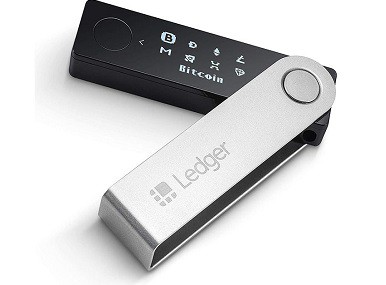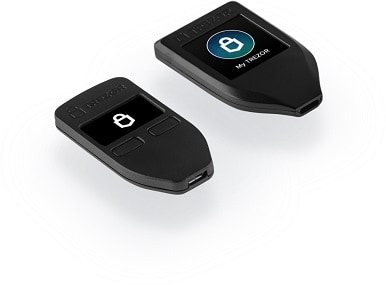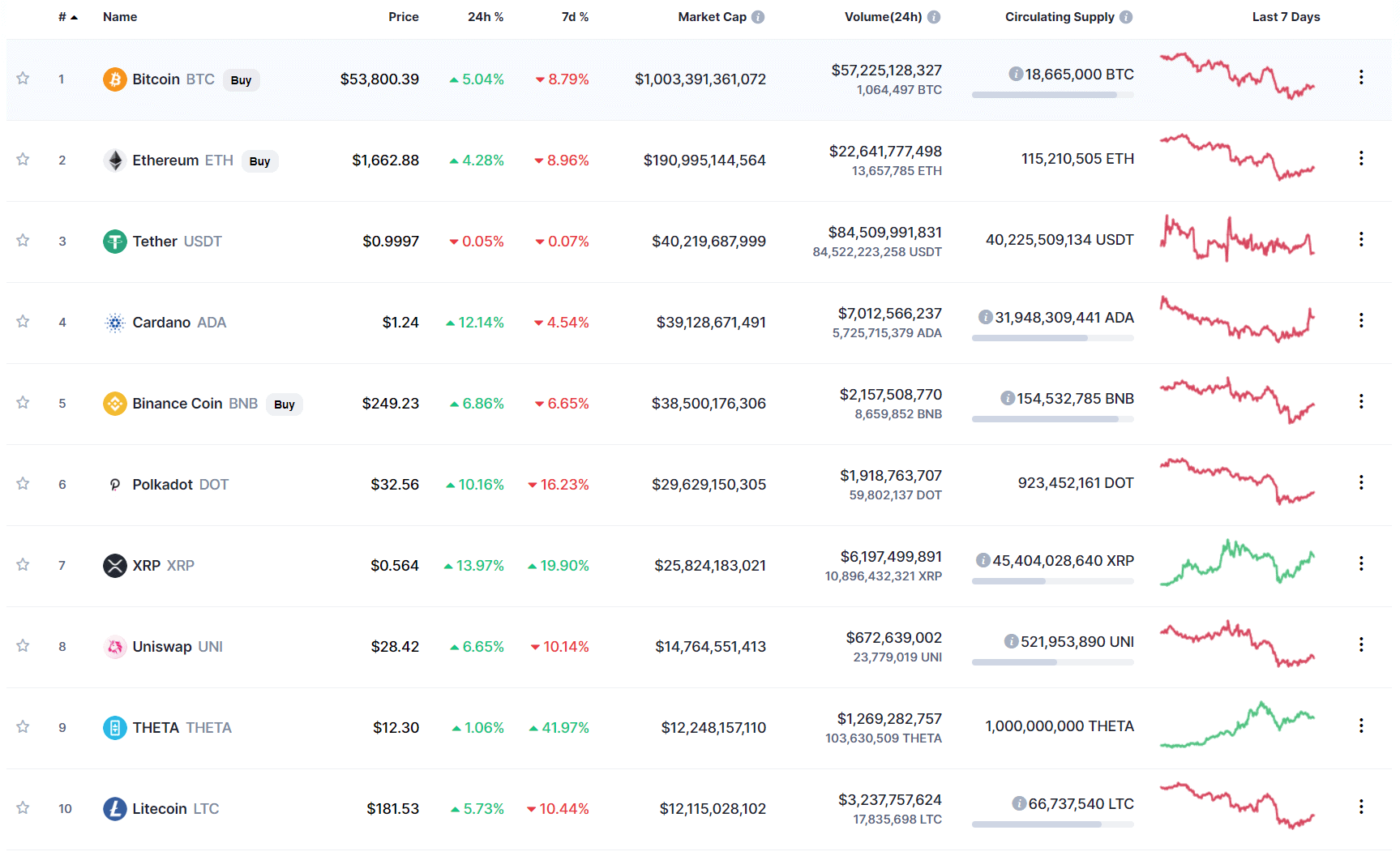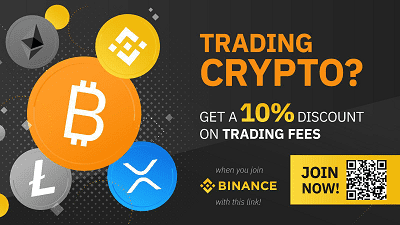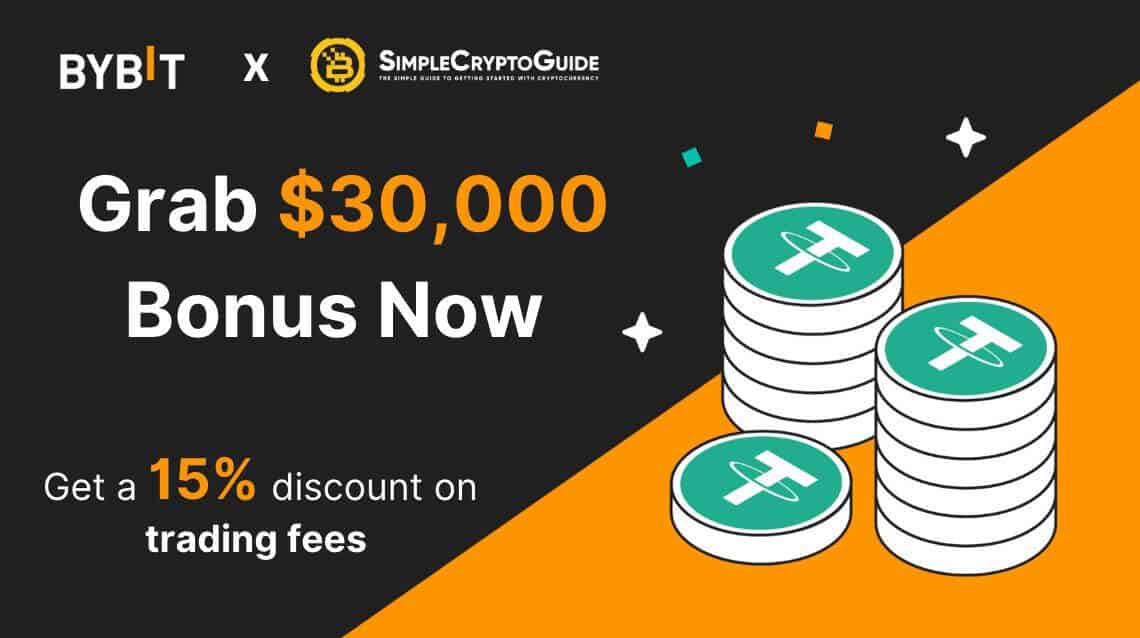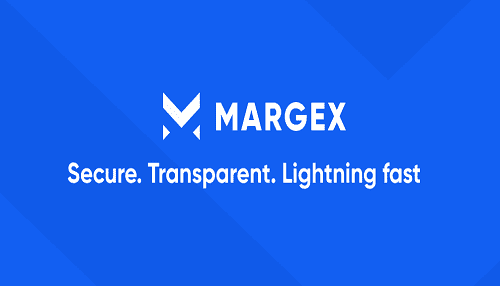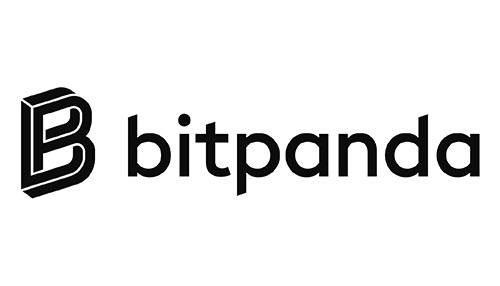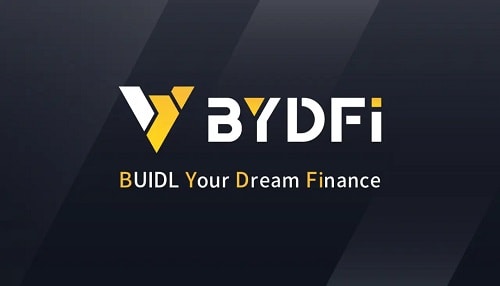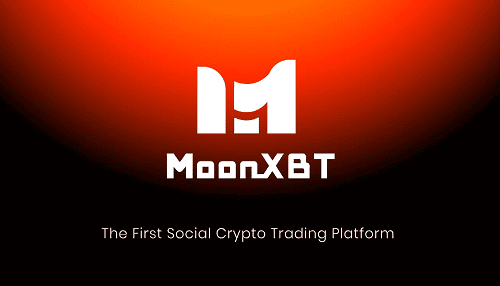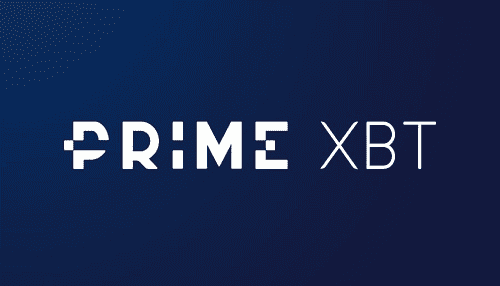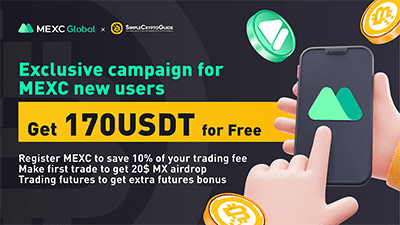How to buy Mantle (MNT): A Simple Guide
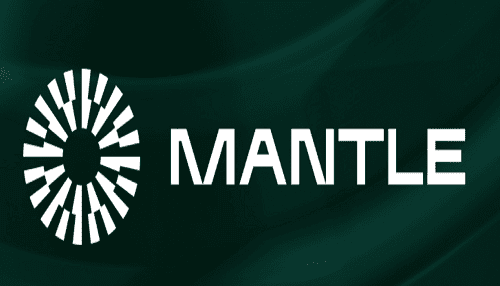
In this comprehensive guide to Mantle (MNT), we will delve deeper into the intricate workings of the project, and also offer practical advice on how to buy and securely store your Mantle (MNT) tokens. Understanding the context of Mantle’s creation, its underlying technology, and its mission are essential to appreciate the value it brings to the ecosystem, giving you the knowledge and confidence to join the Mantle (MNT) community.
Where to buy Mantle (MNT)?
Buying Mantle (MNT) involves a three-step process. First, set up an account on a reputable cryptocurrency exchange that supports Mantle (MNT). Next, deposit funds into your account, taking into consideration the different fee structures associated with various payment methods such as credit and debit cards, e-wallets, and direct bank transfers. Lastly, purchase Mantle (MNT) on the exchange by inputting the amount you wish to spend, with the platform calculating the equivalent amount of Mantle (MNT) based on the current market rate. We recommend buying Mantle (MNT) on any of the following cryptocurrency exchanges:
1
Bybit
Fees (Maker/Taker) 0.1%*-0.1%*
Cryptocurrencies
Available for Trade 400+
Sign-up bonus
$30,000 sign-up bonus*
Available in
Europe, Asia, Oceania, Africa
2
MEXC
Fees (Maker/Taker) 0.2%*-0.2%*
Cryptocurrencies
Available for Trade 1500+
Sign-up bonus
10% reduced trading fees & up to $170 in USDT vouchers*
Available in
North America, South America, Europe, Asia, Oceania, Africa
Understanding Mantle (MNT):
An In-depth Guide to Its Features and Use Cases
Website: https://www.mantle.xyz/
Twitter: https://twitter.com/0xMantle
Mantle Network, known as Mantle (MNT), is a Layer-2 (L2) scalability solution designed to scale Ethereum while maintaining Ethereum Virtual Machine (EVM) compatibility. Essentially, Mantle Network is a technological stack that allows contracts and tools functioning on Ethereum to operate on its network with minimal modifications. This allows users to interact with a wide array of web3 apps and gives developers the capability to efficiently deploy smart contracts in a low-fee environment.
Mantle Network employs a modular architecture at its core that incorporates an optimistic rollup protocol and an innovative data availability solution. This unique blend permits Mantle Network to reap the benefits of Ethereum’s security features and at the same time offer less expensive and more accessible data availability. Optimistic rollups make transaction processing faster and cheaper while leveraging the security of the main Ethereum network. They are key to scalability, reducing the cost of transactions by executing them off-chain and then posting a summary to the main Ethereum chain.
One of the distinguishing features of Mantle Network as opposed to non-rollup chains is its security mechanism. Mantle Network takes advantage of the Ethereum validator set and consensus protocol, offering users canonical bridging without third-party involvement, censorship resistance, and recovery options even in the event of critical issues on L2.
Mantle Network’s unique position as a Layer-2 solution built on top of Ethereum implies that its validator nodes collate transactions from users and commit them to Ethereum as a “compressed block”. This compression strategy reduces expensive gas fees for users and increases the total possible throughput for transactions.
How does Mantle (MNT) work?
The workings of the Mantle Network hinge on its unique features and its innovative approaches to overcome traditional blockchain limitations. By being built on top of Ethereum, Mantle Network harnesses Ethereum’s robust security features. For instance, L2 state transitions are verified by Ethereum validators, undergoing the same consensus and settlement process as Layer-1 (L1) transactions.
In addition, Mantle Network leverages the common developer infrastructure that Ethereum provides. Thus, well-known smart contract development frameworks, languages, and libraries can all be used on Mantle, making it a convenient choice for developers.
Mantle Network also offers a superior user experience compared to Layer-1 by providing significantly lower gas fees and improved throughput. The users can enjoy over 80% reduction in gas fees due to data compression and modular data availability. Transaction confirmation requirements can be customized, providing near real-time confirmation latencies and a transaction throughput much greater than that of Ethereum.
The modular approach employed by Mantle Network sees transaction execution, consensus, settlement, and storage handled by separate modules. It functions as a Smart Contract Rollup with modular data availability. Mantle’s execution layer provides an EVM-compatible environment for transaction execution where the sequencer produces blocks on L2 and sends state root data to L1. The consensus and settlement occur on L1 Ethereum, and data availability services are provided by Mantle DA.
Mantle Network also uses a centralized sequencer to produce L2 blocks by including transactions in the order they are received by the nodes. In the case of any issue, the sequencer can transition to a backup sequencer controlled by the core DevOps team, with measures in place to minimize downtime.
Finally, Mantle Network also provides for fraud proofs as part of its security mechanism. It sends updated state data to a State Commitment Chain (SCC) contract on L1, where network actors can challenge its validity. If the state data is unchallenged, it is considered valid and final and withdrawal requests that rely on this state data can be processed by other smart contracts.
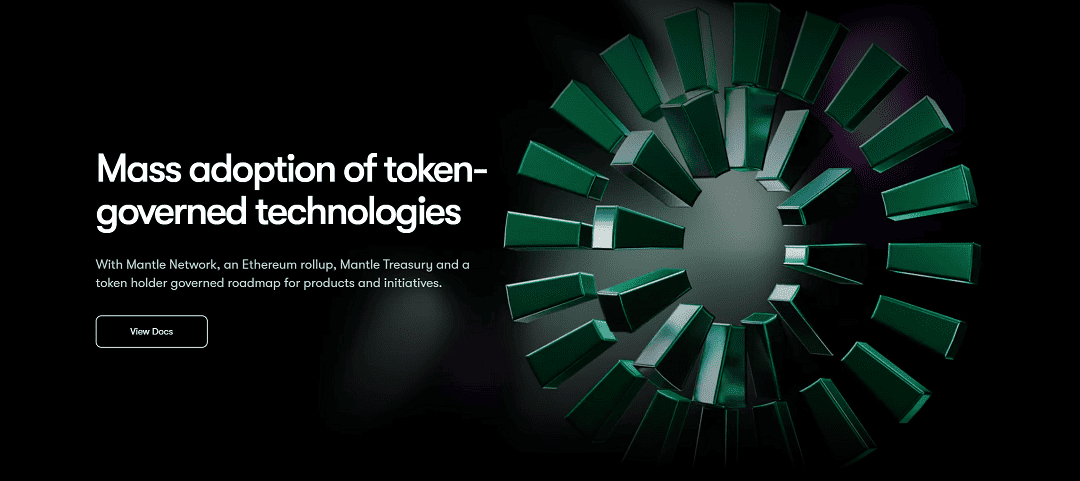
Mantle Network Architecture and Components
The Mantle Network architecture involves various components and modules, each playing a critical role in the process of transaction execution and eventual state data updating on Ethereum L1. The interaction and synergy of these modules and components are key to Mantle Network’s functionality.
In the transaction handling process, users first dispatch signed transactions via an available RPC node. The sequencer then receives these transactions and compiles them into blocks. These block data are subsequently synced via the Data Transport Layer (DTL), allowing verifiers to sync the L2 block data from the DTL.
The batch submitter then fetches updated state roots and sends them to the Threshold Signature Scheme (TSS) module for verification and signing. Verifiers can fetch the state root data and validate their integrity. Upon TSS nodes verifying and signing off on the rollup batches’ validity, the batch submitter publishes the state root data to the State Commitment Chain (SCC) contract on L1 Ethereum.
Simultaneously, the rollup transaction data is stored on Mantle DA. Verifiers can retrieve this data at any point and verify its accuracy. This action is performed when issuing fraud proof challenges. Mantle DA nodes also post the validity certificates to L1, guaranteeing liveness and availability with each new batch. In case the state root validity is challenged with a fraud proof, L2 data is posted to the contract on L1 to perform the execution and check state transition validity.
Handling Failure in Mantle Network
The process for handling failures in the Mantle Network is essential for maintaining the security and integrity of the system. In the case of an L2 Sequencer Failure, there are several approaches such as enqueue via L1, force via L1, or self sequence. Each method provides a different way for transactions to be processed in the event of a failure.
In the case of L2 Batch Submitter or Proposer Failure, the process for managing this failure is also vital. Depending on the specific approach taken, the response could involve proposing blocks, implementing an escape hatch, or implementing a non-automated mechanism. The choice of method would be determined based on the specific requirements and constraints at the time of the failure.
Mantle Network Roadmap
The Mantle Network’s roadmap outlines its current and future strategies. The initial mainnet version will follow an approach where the L2 sequencer failure will be handled by users submitting transactions to an L1 queue, also known as the “enqueue via L1” method. In this approach, while users can’t force transactions, the sequencer cannot completely stop processing the queue. This means that if the sequencer is down or engaging in censorship, it will affect all users.
Similarly, the approach for dealing with L2 Batch Submitter or Proposer failure is also outlined. The method for the initial mainnet version is a non-automated mechanism, where if whitelisted proposers are offline, withdrawals cannot be processed. In such instances, a new Proposer needs to be whitelisted by the L2 core contributor team, which may involve a DAO governance process. This transition is managed by the DevOps team with steps in place to limit downtime.
Mantle development updates in 2023
Mantle has made significant strides in 2023, showcasing its commitment to enhancing blockchain scalability and performance. Here are the key developments:
Mainnet Launch and MNT Token Performance: Mantle launched its mainnet in July 2023, and the MNT token, serving as both a utility and governance token, has shown positive performance in the market. After its debut, the MNT token saw a noticeable increase in value, indicating strong market interest in Mantle’s potential.
Data Availability Nodes Powered by EigenLayer’s EigenDA: Mantle’s data storage module, powered by EigenLayer’s EigenDA, keeps records of rollup transactions and makes them available to verifiers on L1 and L2 networks. This setup allows Mantle to offer lower transaction fees while maintaining high security.
Innovative Scaling and Security Features: Mantle employs optimistic roll-ups for transaction processing, reducing latency and increasing throughput. By leveraging the security architecture of the Ethereum network and using MPC nodes for block validation, Mantle ensures robust security for its users.
Ecosystem Development and Collaborations: Mantle has been actively developing its ecosystem, with collaborations such as a partnership with Ondo to provide access to U.S. Treasury yield via USDY. The network has also introduced various updates and feature add-ons to the Mantle Journey, such as protocol leaderboards and a referral program.
Community Engagement and NFT Initiatives: Mantle has launched the Citizens of Mantle NFT complimentary mint event and the secondary NFT marketplace, Mintle. The community has been actively engaged in various online events, including NFT showcases and backstory contests.
Global Presence and Educational Initiatives: Mantle has maintained a global presence at notable events and has launched educational initiatives like the Mantle Ecowaves podcast series. These efforts aim to enhance understanding of the dApps and projects building on Mantle.
Research and Wallet Integration Guides: Mantle’s in-house research team has been covering fundamental topics in Layer 2s and web3, providing the community with in-depth, research-supported insights. The development team has also added new wallet guides for integration.
Mantle’s developments in 2023 highlight its ambition to provide a scalable, efficient, and secure Layer 2 network, fostering a strong community and ecosystem around its platform.
How to safely store your Mantle (MNT) Tokens
Best cryptocurrency wallet for Mantle (MNT)
Navigating the world of cryptocurrency wallets can be quite an adventure, as there are numerous options available to suit different needs. To find the perfect wallet for you, consider your trading habits and the level of security you require. Generally, there are two main categories of wallets: hot storage wallets (digital) and cold storage or hardware wallets (physical).
Each type of wallet comes with its own set of advantages and drawbacks, so there isn’t necessarily a one-size-fits-all solution. As you embark on your journey to find the best crypto wallet for your Mantle (MNT) tokens, remember to keep an open mind and explore the features that align with your personal preferences and requirements.
When choosing the right wallet for your Mantle (MNT) tokens, consider the following factors:
- Trading frequency: Hot wallets are generally more suitable for active traders due to their quick login capabilities, allowing for seamless buying and selling of crypto. Cold wallets, on the other hand, are better suited for those who make less frequent trades.
- Supported cryptocurrencies: Although not all wallets cater to every cryptocurrency, some of the best ones can trade a vast array of currencies, offering a versatile experience. Make sure the wallet you choose supports Mantle (MNT).
- Security concerns: If you’re worried about potential hacking incidents, a physical cold wallet stored in a safe deposit box or a secure location at home provides the highest level of protection. However, if you’re confident in safeguarding your hot wallet, you might prefer its convenience.
- Associated costs: Investigate the costs of each wallet option. While many hot wallets are free to set up, cold wallets, being hardware devices, will require an upfront investment.
- Wallet features: While the basic functions of cryptocurrency wallets remain the same, additional features can distinguish one wallet from another. Hot wallets often come with advanced reporting tools, crypto market insights, and currency conversion capabilities. Security features can also be an essential factor when making your decision.
By considering all of these aspects, you’ll be better equipped to select the perfect cryptocurrency wallet for your Mantle (MNT) tokens.
For a more in-depth overview of cryptocurrency wallets visit our “Cryptocurrency Wallets Explained” guide.
If you’re planning to handle larger amounts of crypto, investing in cold storage can be a wise decision. Two of the most popular cold storage options are the Ledger Nano and the Trezor.
Ledger creates cold storage wallets designed for users who prioritize security. Their wallets are physical devices that connect to your computer, and you can only send cryptocurrency from them when they’re connected. Ledger offers a range of products, including the Ledger Nano S and the Ledger Nano X, which features Bluetooth connectivity.
Trezor, a trailblazer in the hardware wallet industry, combines top-notch security with an intuitive interface and compatibility with various desktop wallets. This blend makes it suitable for both beginners and experienced users. Trezor has earned a great deal of respect within the Bitcoin community over time. They offer two primary models – the Trezor One and the Trezor Model T, which comes with a built-in touchscreen.
Mantle (MNT) Price & Charts
- Market Capitalization And Daily Trading Volume
- Current Market Price Of Every Cryptocurrency Relative To USD (And Some Local Currencies)
- Circulating And Total Supply
- Historical Charts With Prices Relative To USD, Bitcoin (BTC), And Ethereum (ETH).
Frequently Asked Questions (FAQ)
Where is the best place to buy Mantle (MNT)?
We recommend either Bybit, MEXC or Gate.io as these platforms excel in functionality, reputation, security, customer support, and competitive fees.
How to buy Mantle (MNT) in Europe?
In Europe, acquiring Mantle (MNT) tokens is a seamless process, with numerous reputable cryptocurrency exchange platforms available to cater to your needs. Among the top choices, we recommend Bybit, MEXC, or Gate.io due to their outstanding performance in key areas such as functionality, reputation, security, customer support, and competitive fees.
These platforms have established a strong presence not only in Europe but also globally, offering an extensive range of cryptocurrencies, including Mantle (MNT).
How to buy Mantle (MNT) in the US?
For the United States, buying Mantle (MNT) tokens is also an effortless process, we particularly recommend MEXC, a top-tier exchange that excels in functionality, reputation, security, customer support, and competitive fees.
MEXC has established a strong presence in the US and across the globe, offering a wide range of cryptocurrencies, including Mantle (MNT). Catering to US-based customers, MEXC provides a user-friendly interface, responsive customer support, and multiple payment options, making it easy for users throughout the country to invest in digital currencies.
How much does Mantle (MNT) cost to buy?
Unlike traditional trading options, cryptocurrency allows for fractional purchases, so you don’t need to buy whole coins. This flexibility means you can begin investing in Mantle (MNT) and other digital currencies with an investment as low as $1!
Is it safe to buy Mantle (MNT)?
Safeguarding your investments is a joint effort, and adhering to recommended security practices is crucial. The first step to safely buying Mantle (MNT) is selecting a reputable exchange known for its reliability and strong security measures. Make sure to choose an exchange with a proven track record and positive reputation in the industry to minimize potential risks.
Is it Possible to Convert Mantle (MNT) to Cash?
Absolutely! After choosing your preferred cryptocurrency exchange platform, you can effortlessly convert your Mantle (MNT) tokens into cash at the current market rate using the exchange’s user-friendly trading interface.
What is the Mantle (MNT) Crypto Price Forecast?
Accurately predicting the Mantle (MNT) price for any time frame is challenging, but various fundamental factors offer insight into the token’s potential price fluctuations and volatility. Essential aspects to consider include:
- Adoption Rate – Increased on-chain activity, driven by the growing number of developers and users on the Mantle (MNT) platform, may lead to higher demand and value for it. This expansion could also boost investor confidence, prompting more people to buy and hold the tokens.
- Innovative Developments – The introduction of innovative features that improve Mantle (MNT)‘s capabilities can make the project more attractive for usage or investment, potentially driving up the token price. Furthermore, the Mantle (MNT) cryptocurrency value may experience a surge following announcements of new partnerships and investments in the project.
- Market Sentiment – The overall market outlook significantly impacts Mantle (MNT) crypto price trends. A risk-on attitude among global investors encourages buying activity in the crypto market, supporting Mantle (MNT)‘s price. On the other hand, bearish or risk-averse sentiment can trigger sell-offs that may negatively affect the price in the market.




